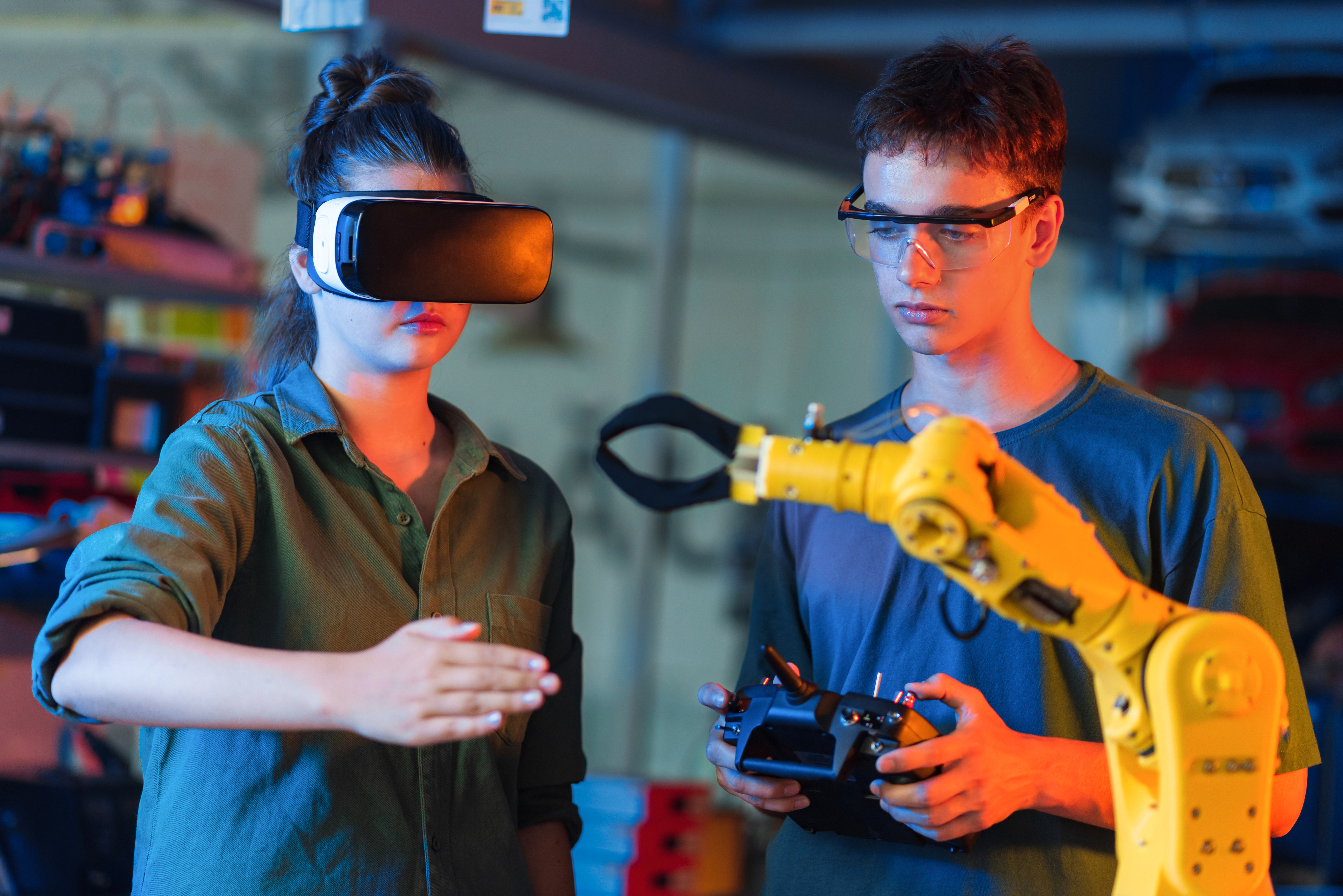Aerospace Innovations: How SpaceX and Blue Origin are Redefining Space Travel

Two businesses, SpaceX and Blue Origin, have become pioneers in the quickly changing field of space exploration, pushing the envelope of what is feasible. These trailblazers are changing our perspective on our voyage beyond Earth with their creative technological solutions and a common goal of facilitating space flight. This blog will explore the innovative developments made by both businesses and look at how they are changing the course of space exploration.
Elon Musk launched SpaceX in 2002, and since then, it has garnered attention for its lofty objectives and outstanding accomplishments. The Falcon 9, the first orbital class rocket with reflight capability, is among the most important advancements. The cost of accessing space has significantly decreased thanks to this reusable rocket technology, which permits more frequent launches and makes it financially feasible for a number of missions, such as satellite placement and resupply trips to the International Space Station (ISS).
Additionally, the Starship program's launch represents yet another major advancement for SpaceX. Starship is intended to transport both crew and cargo on expeditions to Mars and beyond. Musk's goal of transforming mankind into a multiplanetary species is in line with its entirely reusable design, which is built to enable interplanetary travel. Rapid turnaround times between flights, which are essential for upcoming space tourism and exploration missions, have been shown in Starship's latest testing phases.
Jeff Bezos of Amazon launched Blue Origin in 2000, and since then, it has made a name for itself by concentrating on suborbital space flight and the creation of environmentally friendly space infrastructure. Tourists wishing to see the Earth's curvature and feel weightless will have a unique experience with their New Shepard rocket, which is made for suborbital flights. Because it provides a vision of the future, when space travel may become a reality for people other than scientists and astronauts, the success of New Shepard's crewed flights has rekindled public interest in space tourism.
The BE-4 engine, which drives the New Glenn rocket, is a clear example of Blue Origin's dedication to sustainability. This engine aims to lessen the environmental impact of rocket launches by using liquid oxygen and natural gas. In addition to clearing the path for a more environmentally friendly future, Blue Origin's investment in sustainable technologies is inspiring other businesses to do the same.
Making space more accessible is the main objective shared by SpaceX and Blue Origin. The goal of SpaceX's Starlink project is to deliver fast internet everywhere, especially in underdeveloped regions. In addition to improving global communication, SpaceX is generating income to support its ambitious space exploration aspirations by deploying a network of satellites. This project serves as an example of how improvements in space technology can directly benefit life on Earth.
However, Blue Origin has more in mind than merely space flight. The business has started building the Orbital Reef, a commercial space station with the goal of acting as a research and tourism center. The potential for a flourishing economy in low Earth orbit, facilitating space research, industry, and even recreational activities, is embodied by this ambitious initiative.
One of the most fascinating features of this new era in space exploration is perhaps the rivalry between these two aerospace behemoths. Blue Origin is adopting a more methodical approach, stressing sustainability and the incremental construction of infrastructure, in contrast to SpaceX's emphasis on quick innovations and lofty objectives. In addition to spurring innovation, this dynamic offers the sector a wide range of chances for cooperation and expansion.
The ramifications of these innovations are significant as we move forward. Beyond simply launching rockets, SpaceX and Blue Origin's innovations are igniting a new generation of scientists, engineers, and dreamers. The possibility that regular people could visit space in the future is gaining traction, stimulating interest in STEM subjects and sparking imaginations.
To sum up, SpaceX and Blue Origin are leading a revolution in space exploration, each blazing a unique trail while simultaneously expanding the realm of the conceivable. Everyone is finding space more exciting, sustainable, and accessible because to their ideas. It is evident that the trip to the stars is now a realistic objective rather than a far-fetched fantasy as we approach the dawn of a new age in exploration. We are all invited to participate in the exciting future of space travel.



